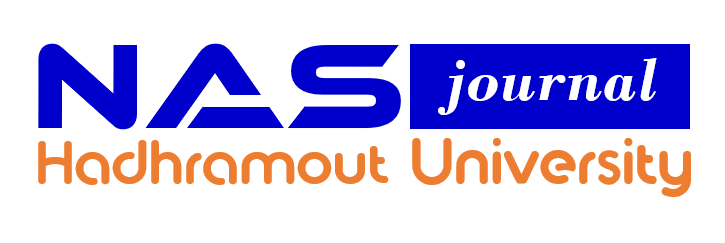Hadhramout University Journal of Natural & Applied Sciences

Abstract
Blood transfusion is a vital part of the health care system. The accrediting and regulatory agencies make essential policies and guidelines for its transfusion process. The study aimed to evaluate blood transfusion practice specifically its indications at the University of Science and Technology (UST) Hospital in Sana‟a, Yemen to improve this service. This was a retrospective descriptive study. A total of 200 files (100 donors, 100 recipients) were reviewed during the study period from January to December 2013. The sample was selected using simple random technique and the size was determined as a rule of thumb. Data was collected in a special form developed from national/international standards. SPSS 20 was used for analysis. The study showed that among 100 donors, 99% were males and 1% were females. There was inadequate pre-transfusion screening tests and recording of the vital signs. Whole blood transfusion is still a common practice and is about 34% of the all transfusions. Most prescribed blood in the medical department (47%), followed by surgery (34%). The main indication was anemia (29%), followed by road traffic accident (17%). Proper documentation and adherence to national and international policies/guidelines for blood transfusion process would prevent its catastrophic consequences and minimize the financial burden and medical legal issue.
Recommended Citation
Bin kroom, Noor Abdull-aziz
(2017)
"Evaluation of Blood Transfusion Practice at University Of Science & Technology Hospital, Yemen,"
Hadhramout University Journal of Natural & Applied Sciences: Vol. 14:
Iss.
2, Article 3.
Available at:
https://digitalcommons.aaru.edu.jo/huj_nas/vol14/iss2/3

